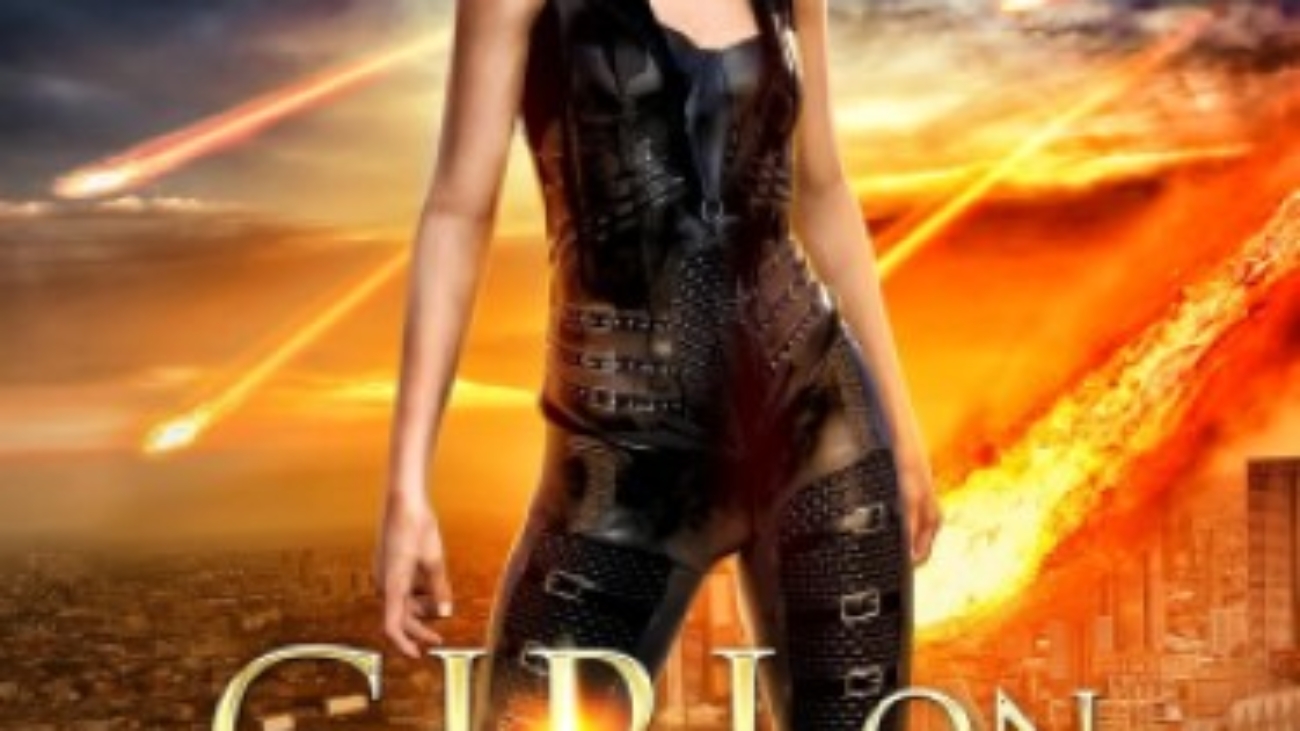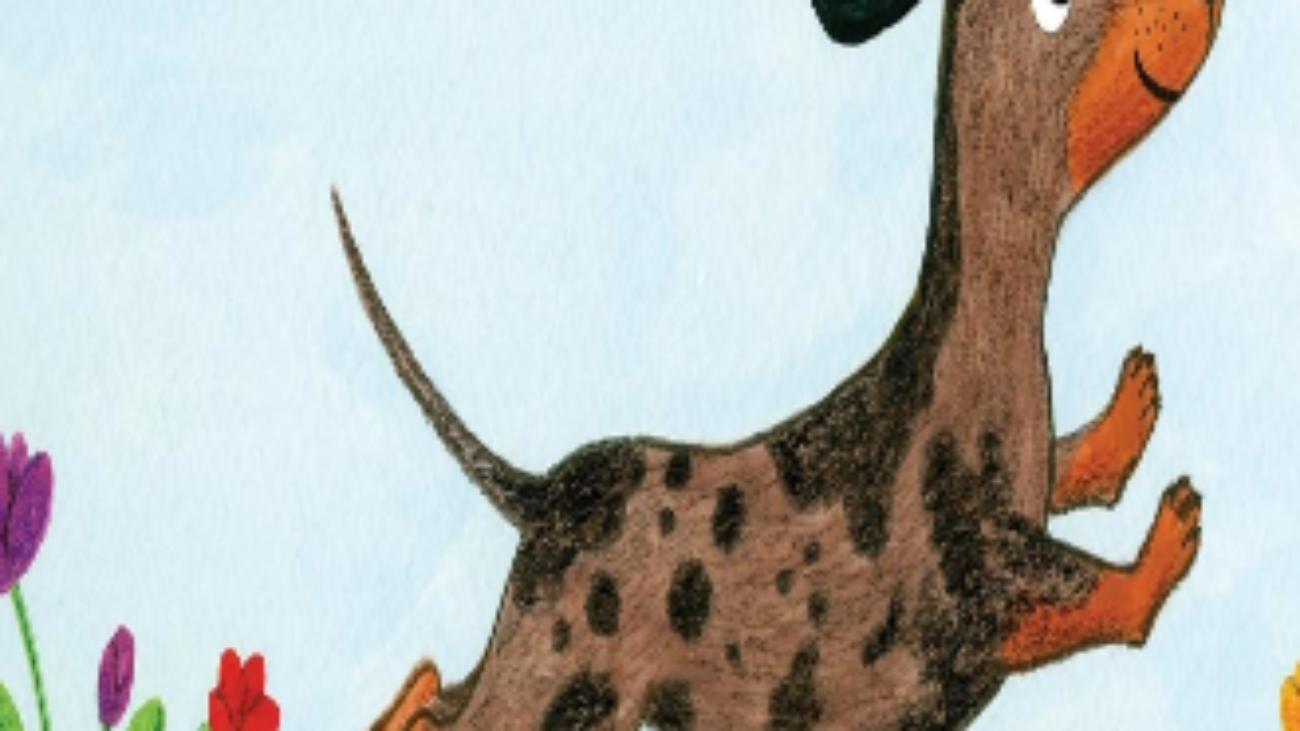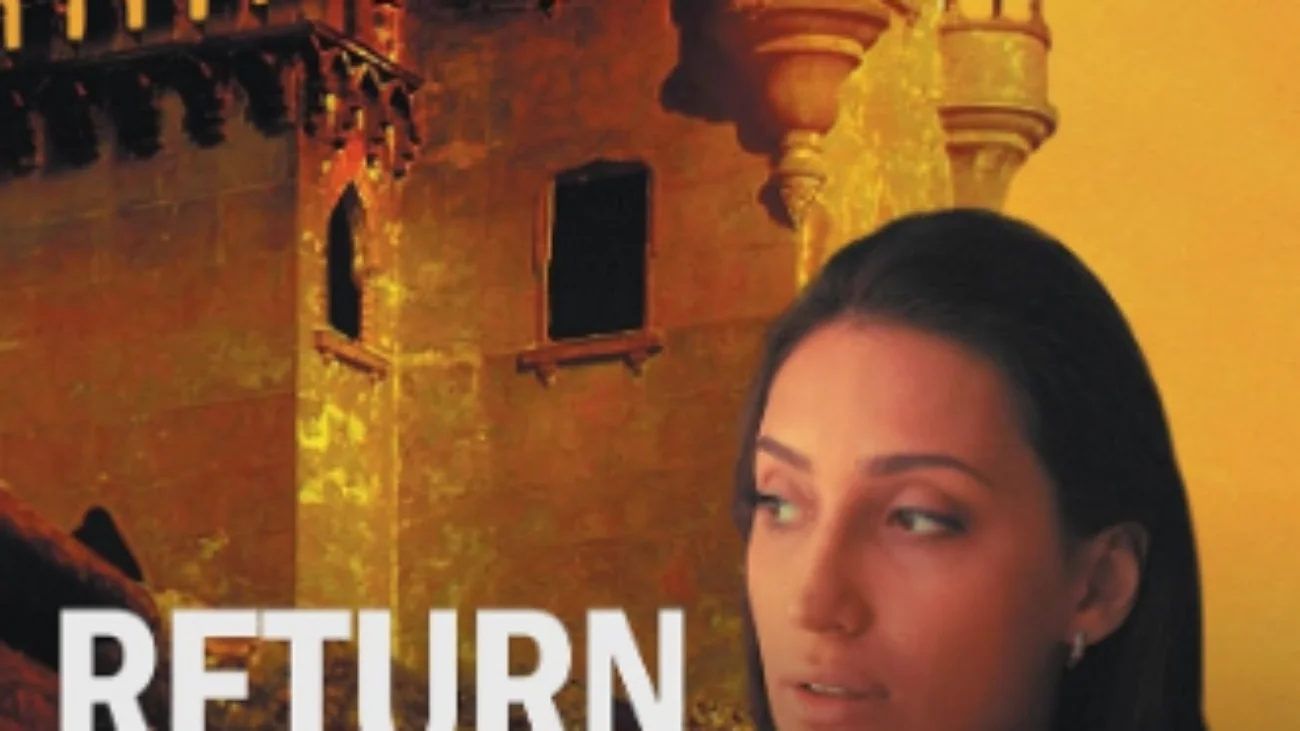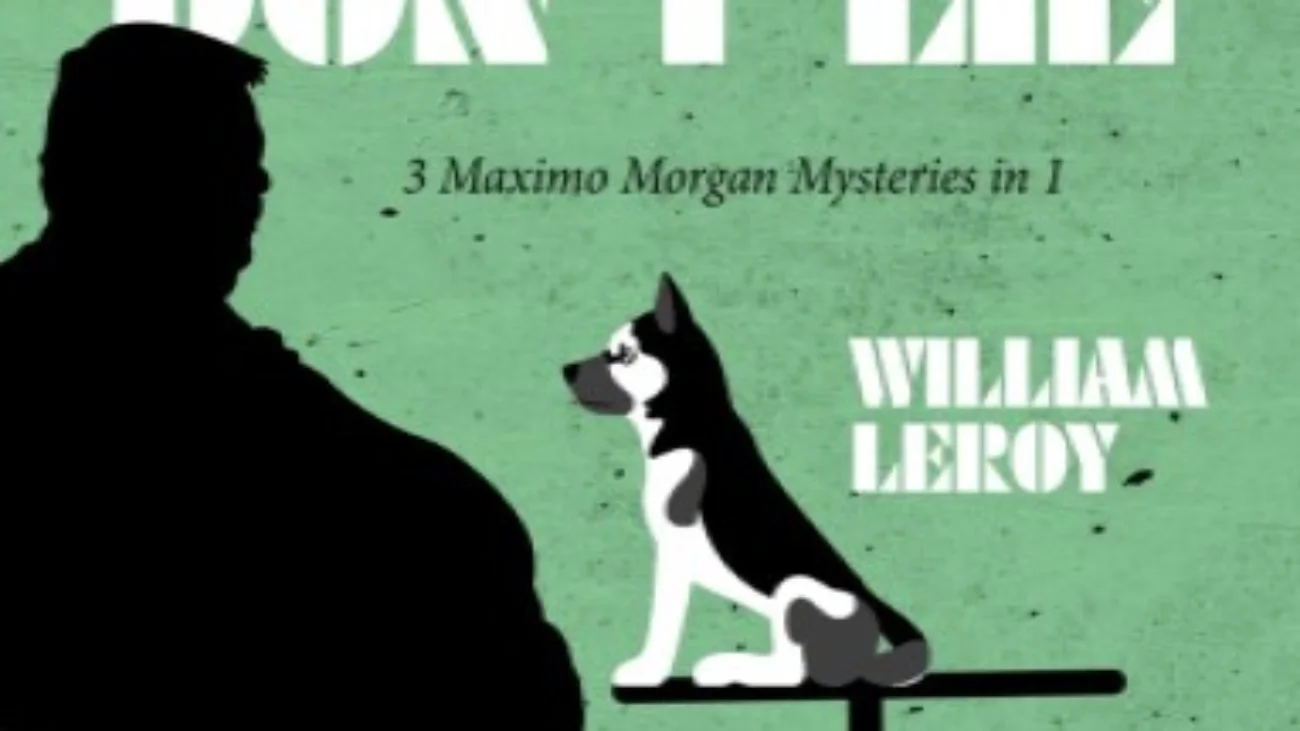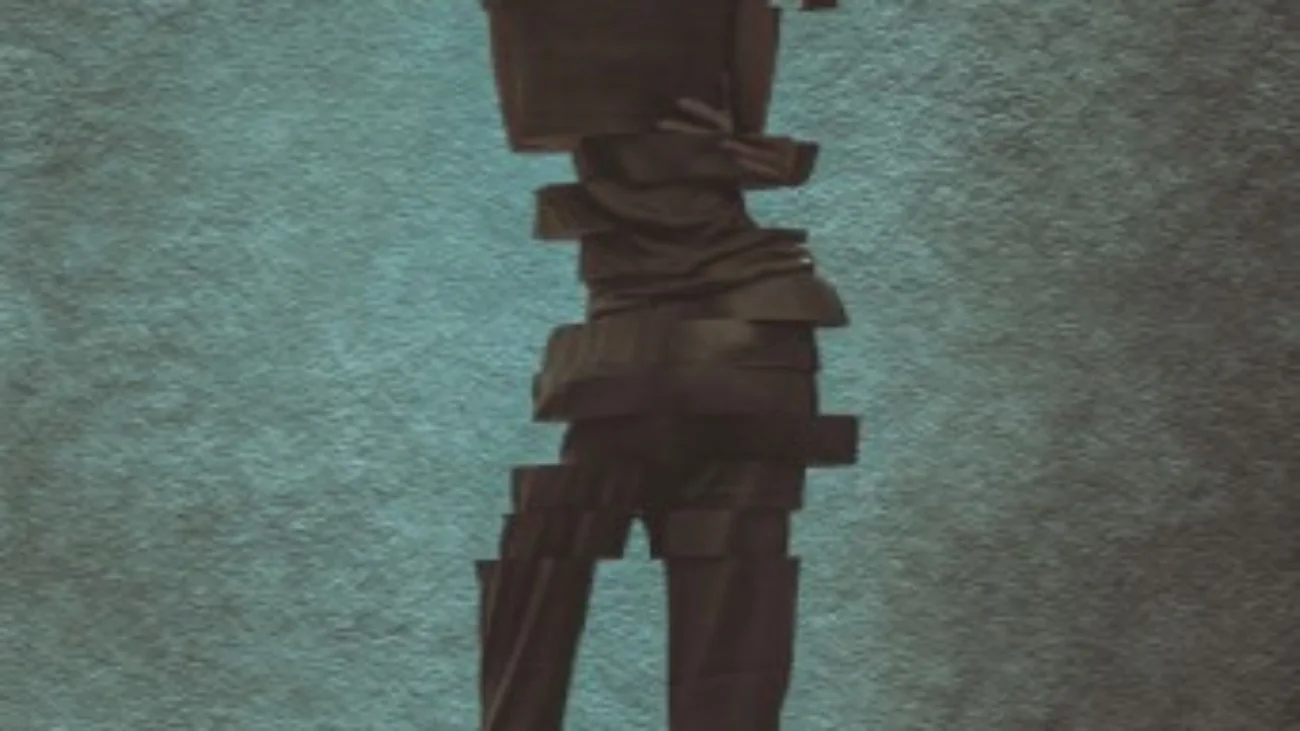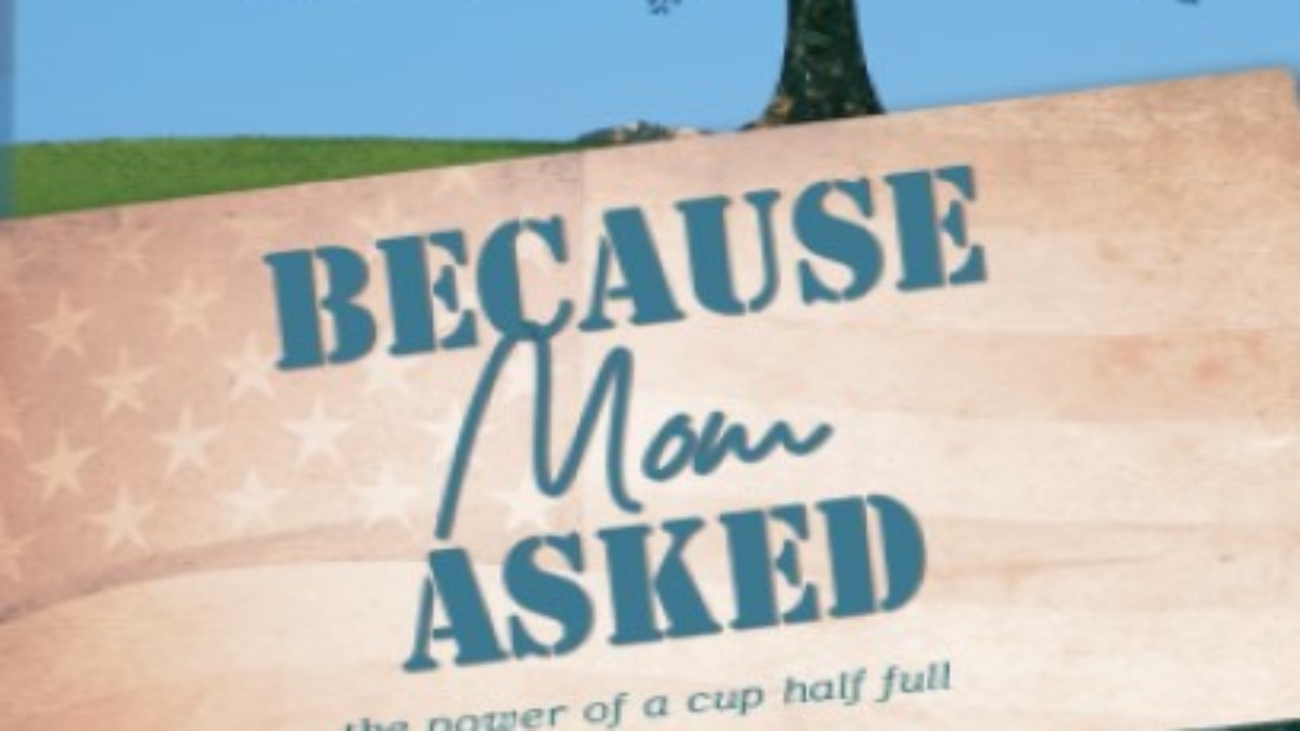Reviewed by Daniel Ryan Johnson
Unicorns Can Be Deadly is an interesting twist on a classic mystery novel. The book is centered around a private detective agency that offers low rates to provide investigative services to people on a budget. While the story does have a central mystery that propels the narrative forward, the true focus of the book is on the myriad issues faced by the homeless population in Seattle and the lack of resources to address these complicated problems. Purchase Here.
Author Charlotte Stuart jumps right into the action with the first sentence of the book introducing a young boy running for his life. Fortunately, this boy crosses paths with Cameron Chandler, a private investigator and single mother who sees him in danger and acts to protect him. This spontaneous action pulls Cameron and her investigative partner Yuri into a search for a missing homeless woman named Bess. Their inquiries bring them face-to-face with the homeless population of the city and force them to confront the many challenges faced by this community.
Charlotte Stuart does a great job of posing difficult questions about serious issues without weighing down the tone of the book. She weaves many moments of levity into the story while maintaining respect for the community she is writing about and the problems they are confronted with on a daily basis.
As the investigators in the story search for the missing homeless woman, they end up taking on several other cases revolving around the homeless community, with each case revealing additional issues that we as a society are not doing enough to address. While Unicorns Can Be Deadly highlights critical problems, Stuart does not preach an agenda but simply poses questions to the reader as food for thought.
Overall, Unicorns Can Be Deadly is an enjoyable and quick read. The plot keeps the reader engaged and keeps you turning the pages to find answers to the mysteries our investigative protagonist is trying to unravel. The characters are all well-defined and the heroes are quite likable making it easy to root for them. Unicorns Can Be Deadly is the 5th book in the Discount Detective Mystery series, and as my introduction to the characters, I look forward to going back and exploring their previous adventures while waiting to see what the author has planned for them next.


